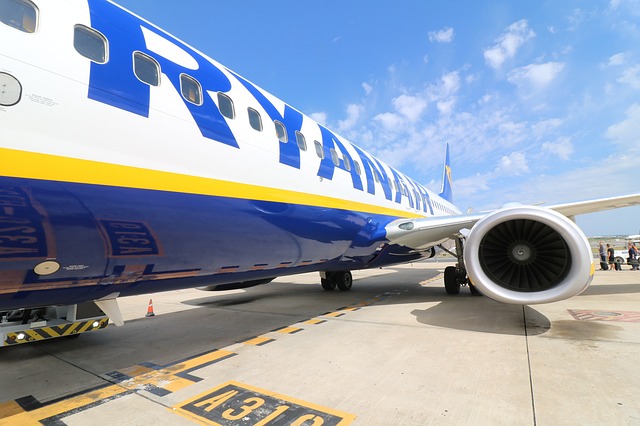
The mass of cancellations by Ryanair that has seen customers’ plans turned upside down has led to widespread condemnation of the low-cost airline. Andrew Haines, head of the Civil Aviation Authority is furious, the Belgian government is threatening legal action, Michael O’Leary has been forced to admit Ryanair have been acting illegally, customers are up in arms and there are reports of pilots and cabin crew defecting to other airlines in search of better terms and conditions. Despite all of this, there are no commentators who think this threatens the survival of Ryanair or that the brand will suffer long term damage. The company has seen its share price dip by 4% in the last few weeks but the trend has been strongly up since the start of 2017.
Ryanair raises some interesting questions for those of us working in the customer experience space.
“Customer experience” is what an organisation delivers to customers every day through every interaction, direct and indirect. Customer experience is sometimes confused with customer service but they are different. Management of the customer experience requires executives to make strategic choices about what they want their brand and their company to be known for, which customer segments to focus on and what mix of cost/price, product and service strategies will serve them and their customers most effectively. The goal of any CX strategy is to deliver a differentiated experience for target customers based on superior service, leading edge products or lower prices that drives profitable growth.
Ryanair is very clear about its customer experience and that it is not founded on service. The company wants to be known as the go to airline for low fares. It targets customers for whom price is the dominant purchase driver. The airline is laser focused in executing a business model that enables it to deliver low fares to high volumes of passengers through:
- A fleet based on one aircraft type that keeps maintenance costs low
- Use of regional/secondary airports with lower landing charges
- Efficient use of its people and pay rates that are lower than those of other airlines
- Additional revenue from add on services such as food, baggage and duty free
Notwithstanding the current pilot scheduling “boo-boo”, as Michael O’Leary calls it, what is wrong with Ryanair’s strategy you might ask? The airline has the lowest cost base in the European shorthaul aviation sector and there is no question that Ryanair has expanded the market for shorthaul travel across Europe. Profits are expected to be between £1.2bn – £1.25bn in the current year.
There are two challenges that Michael O’Leary faces. The first is whether low prices on their own are enough. Customers are becoming more demanding, they are less loyal and ethical behaviour is increasingly important. Customer abuse – something Ryanair has been regularly accused of – is never a good strategy (as Gerald Ratner found out 25 years ago), even if it is in exchange for a cheap flight. Recent research from the UK’s Institute of Customer Service has shown that only 15% of customers are prepared to compromise service for the cheapest deals whilst 62% are looking for a reasonable balance between price and service.
The speed with which customers’ defect depends on the state of competition – and this is Ryanair’s second challenge. Even though international aviation is highly regulated and there are barriers to entry, competition does exist from other airlines, other modes of transport and other places for consumers to spend their hard-earned cash. Customer choice will continue to increase and the question is whether a strategy founded entirely on low fares is enough to continue to drive the growth that Ryanair has seen over the last decade.
What we are seeing across so many sectors is that competitive prices, quality products and good service are what customers expect and organisations not delivering acceptably on all three are shunned by customers. A strategy based on low prices does not have to mean poor service. There are plenty of examples in the airline industry and other sectors that show you can have both.
Maybe there is a third challenge facing Ryanair: Michael O’Leary. He seems firm in the belief that whatever he says and does, however much customers are inconvenienced and disrespected, they will return as long as the airline continues to offer industry leading low fares.
Whether Ryanair, and Michael O’Leary, learn anything from the events of the last few weeks only time will tell.